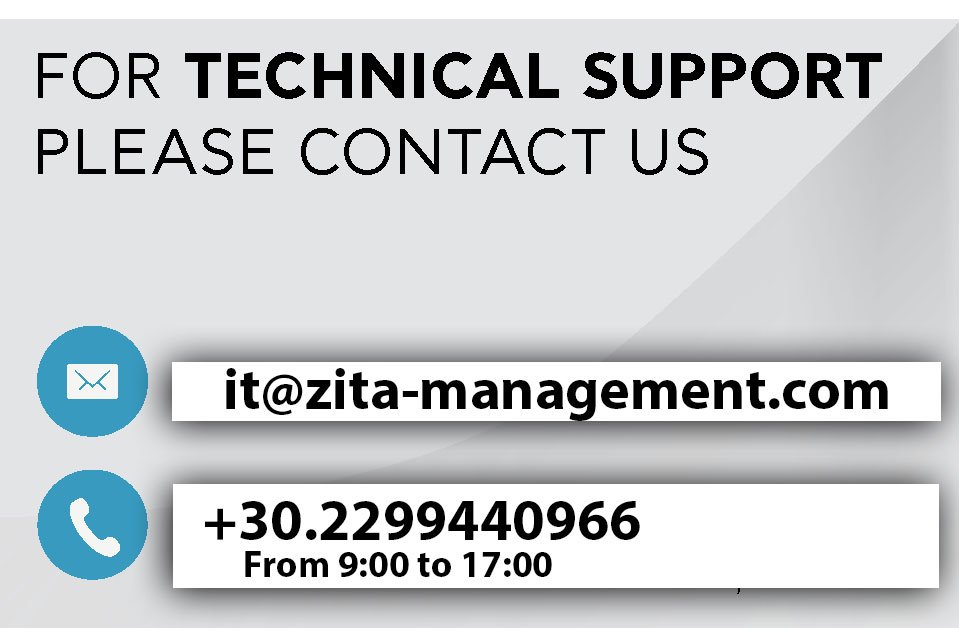Sources of Information for Health Professionals and Oncology Patients. Support Structures and Services
Abstract
Increasing numbers of cancer patients in recent years due to the improvement of diagnostic and therapeutic tools
and the reduction of hospital days that transit patient care in short-term hospital structures has significantly increased
their problems and informational needs. Providing cancer patients with the best possible information is consistently
a point of concern for cancer nurses worldwide. Systematic, documented and personalized information is associated
with a better understanding of the nature of the disease, an increase in patient autonomy, active participation in
decision-making, compliance with the care plan, reduction of stress and improvement of patients’ quality of life. However, informational needs often remain unsatisfied across the disease trajectory, exacerbated by the fact that cancer
patients seek and are entitled to more information. Factors that affect the adequacy of patients’ information are lack of
structured information with the use of educational / informational material, lack of knowledge about the full picture
of the disease complicated by cultural factors and the insufficient healthcare professionals’ training in communication
techniques. Healthcare professionals, scientific societies, volunteer associations and other healthcare organizations,
recognizing the contribution of information as a necessary element of the care plan, have contributed to its wider availability through publications, brochures, guidelines, websites, and other similar practices. The purpose of this article
was to describe the most important sources of information available to healthcare professionals, patients and their
families, as well as to describe the structures and services that support cancer patients



